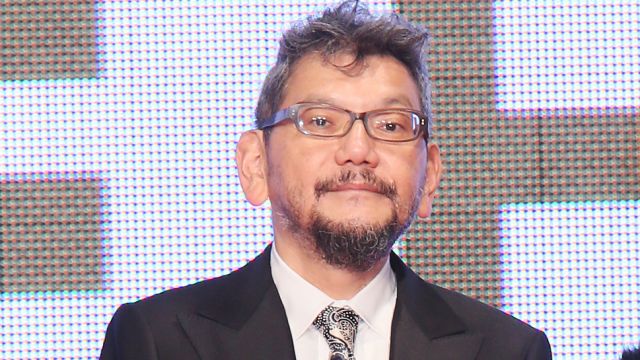Hideaki Anno, creator Neon Genesis Evangelion, thinks that the Japanese animation industry’s days are numbered.
In an interview with Russian news agency RIA Novosti (via EvaGeeks), Anno said the anime industry as we now know it will end in the next five to twenty years. Decline and “death” are unavoidable. Anno calls this only “a matter of time.” Yikes!
“Japanese animation is in decline,” Anno told RIA. “It’s already peaked.” Next, Anno believes, is the inevitable death. “After it does collapse, there will probably be a new resurgence.” The question, Anno wonders, is whether people will wait for this rebirth.
This death isn’t the end of anime per se. Japan will continue to have animation. “I don’t think animation will vanish,” Anno continued, “but perhaps, there might not be the conditions that have existed up until now that have led to the creation of interesting films.”
Anno thinks this collapse will mark the end of Japan’s dominance. Other countries in Asia, he points out, are getting richer and will produce more and more animation for their own audiences. On the contrary, Anno thinks there will be less money in Japan, which will also aid in anime’s decline and death. He also points out that there are fewer animators in Japan, which will also negatively impact anime. No doubt, ditto for a smaller population.
Of course, animation will continue abroad—and it, perhaps, that animation will be influenced heavily by anime. Who knows.
“Japan will just no longer be the center of world animation,” Anno added. “Maybe in five years, Taiwan will be such a center.” Anno described a recent trip to Taiwan, and the animators there, he said, had such passion and energy. In Japan, Anno says animation is “moving by inertia.”
Anno believes that animation in Japan needs to be more flexible towards adapting new methods, such as computer graphics, to find new ways to make interesting anime in a new environment. As the working conditions show, the current business model simply isn’t sustainable. If things don’t change, Anno’s prediction could become reality.
Credit: Kotaku


